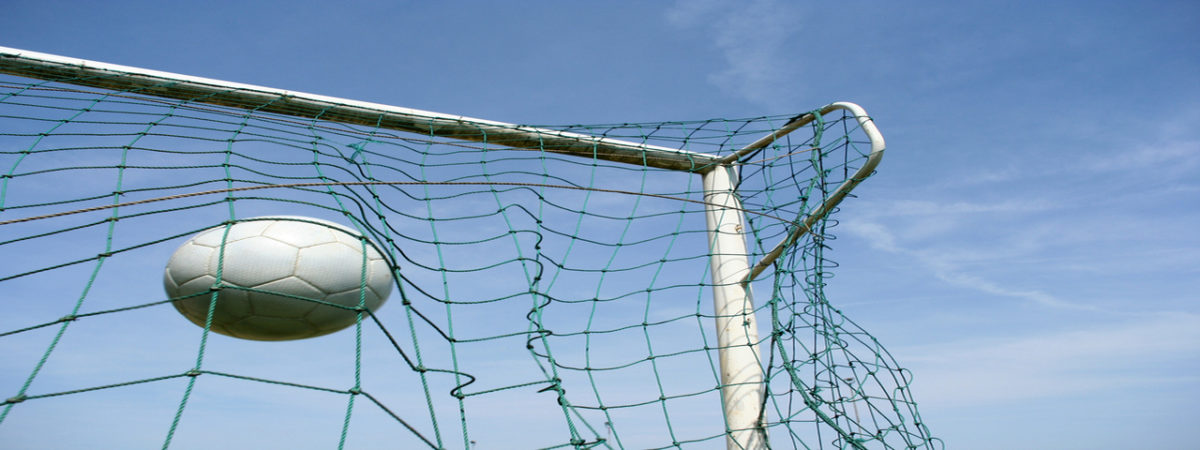Bus Services at Risk Due to EU and UK Government Regulation says IEA Author John Hibbs
SUGGESTED

A new study suggest regulation may not be the answer to ending child labour


Professor John Hibbs, one of the architects of bus de-regulation sets out the dangers of re-regulation
By empowering local authorities to award ‘quality contracts’ to bus companies, the Act is producing a ‘franchising’ system where bus companies compete for a monopoly of providing the service on a particular route. This replicates the mechanism that has proved so controversial on the railways and undermines the principle of competition introduced by the Transport Act 1985 that has resulted in improvements in quality and reliability of service in many areas that could not have been envisaged before the Act.
EU Directives are also moving the industry in the same way. Making a mockery of the principle of subsidiarity, the EU has developed page after page of Draft Regulations that local bus operators will have to satisfy, dealing with issues such as complaints procedures and staff qualifications, which, Hibbs believes, will undermine their ability to provide high quality service.
Analysis of developments since the introduction of the 2000 Act have led John Hibbs, the intellectual driving force behind the 1985 Act, to warn that the achievements of the original legislation are now at risk from new legislation and regulations. “The Transport Act 2000”, Hibbs argues, “will once again lead to a bus industry that is run in the interests of politicians and not passengers.”
Hibbs’ study is supplemented by a number of additional papers by other authors. These include a study of the express coach market by Graham Parkhurst that shows that the introduction of competition has led to innovations, such as the Yellow Taxibus that runs from Dunfermline to Edinburgh, and measurable improvements in service quality in the important London to Oxford coach service market.
Read the full study here.



